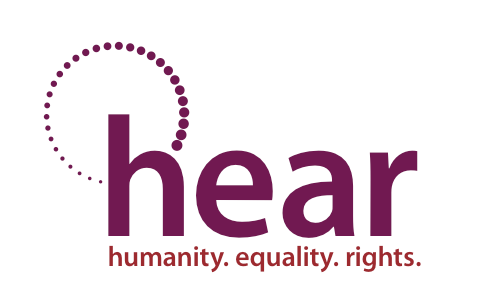CIIP is run by and for people with energy limiting chronic illness (ELCI) and 63% of respondents to this research described themselves as completely housebound or often/sometimes housebound. The quarantining and cocooning brought about by the pandemic created a seismic shift in how we connect and communicate. Remote access is a crucial tool for equality and inclusion for many disabled people who are not able to attend face-to-face meetings and events.
This case study is based on a survey of disabled people’s experiences of remote access and its recommendations will support people within society who will remain confined to their home after lockdown ends. Remote access should never be used as a cheaper alternative or shortcut to meeting disabled peoples’ rights and entitlements to get out and participate in work, education, civil society or community life.
This guide covers using digital for inclusion in:
- Employment:including team meetings, training and workshops
- Higher Education: including lectures and conferencesPolitical meetings: for members and officers.
- Civic participation and co-production activities
- Telehealth care is an important area of consideration that lies outside the scope of this study.
“Key Recommendations
- The technical side of remote access is crucial to ensuring inclusion and participation, but the attitude and commitment of organisers is just as important
- The role of the remote access facilitator is essential…
- Best results will be achieved with the involvement of an IT technician, both for the organiser and the attendee of the meeting.
- However, with commitment and creativity by organisers, remote participation can be achieved without professional IT involvement.
- Always have a trial of your technical set up before the event to check that it works and everyone knows their role. If possible include the attendees in the trial…
- Chairing skills and considerations are the same as for face-to-face meetings, but are even more important when including remote attendees
- The facilitator and the Chairperson must be separate roles, but they should work closely together”
For others, however, especially those of us already housebound due to ELCI (Energy Limiting Conditions and Disability ) before the pandemic, the remote access revolution unleashed by Lockdown brought us a new form of inclusion. We found our horizons broadened and our participation enabled as never before. When speaking about their experiences of remote access through Covid19, our respondents said:
“It has been a positive experience to participate in meetings I would have normally missed out on completely.”
"Remote access linked me to opportunities and community.”
“Remote access has made me feel more included and that a part of the 'outside' world is
coming to me."
"Remote access has been life changing, as it gave me the opportunity to mix with other people.”
"Many of us hope this new experience of access and inclusion will remain in place after Lockdown arrangements end. "
- Watch Catherine Hale's video to explain the work and secondly to broaden persceptions of online creators and curators.
- Read Turning the Remote Access Revolution into Reasonable Adjustments from The Chronic Illness Inclusion Project (CIIP)
- Read Other case studies and more
- Read the C.I.I.P case study in full: Chronic Illness Inclusion Project
- Website: chronicillnessinclusion.org.uk
